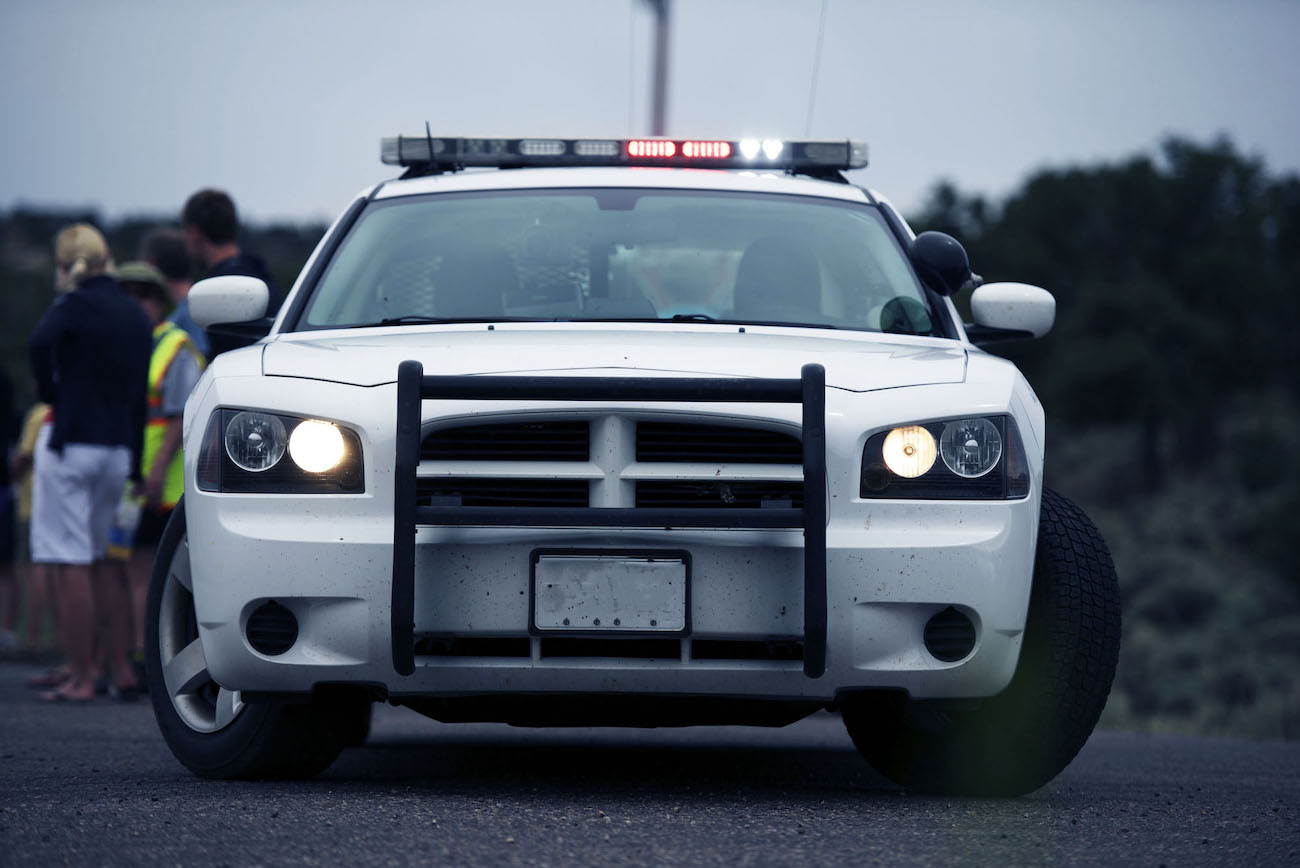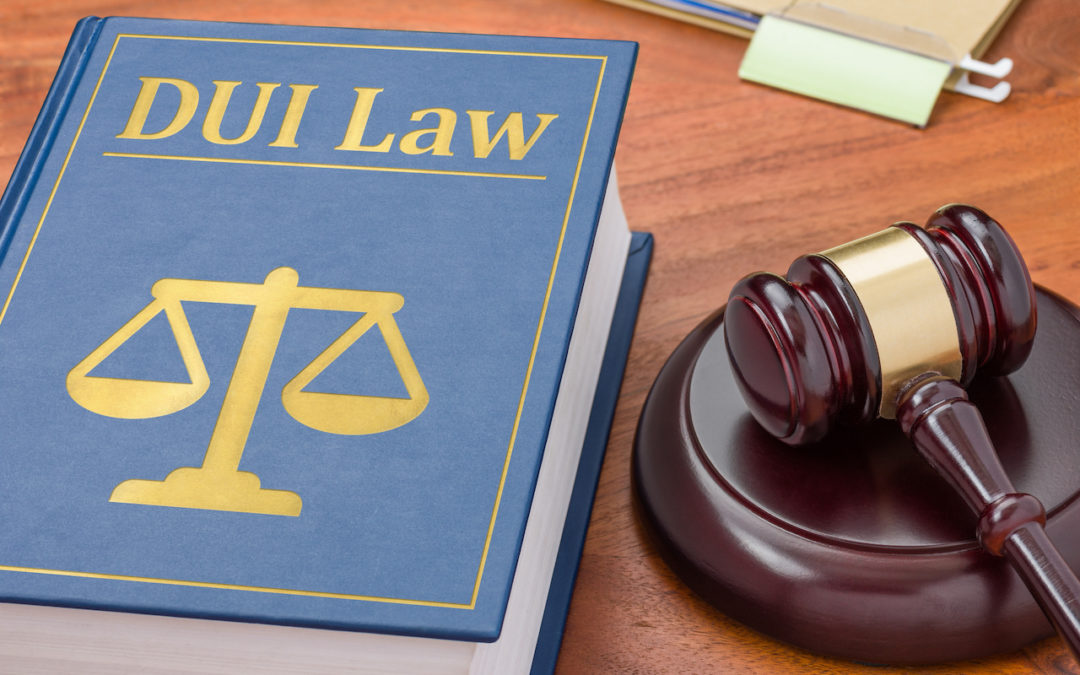Every year, the United States arrests 1 million people for driving under the influence (DUI). Some states handle this crime more severely than others, and Michigan is one of them.
There’s a lot to understand when it comes to DUI probation in Michigan, and you might not know what to expect. If you’re going through this, you don’t have to do so alone.
This article is a great place to start. It outlines everything you need to know about DUI probation, violations, and common mistakes. Keep reading to ensure you’re prepared to handle this journey.
Understanding the Basics
DUI probation in Michigan can last for several months or even years. This all depends on the circumstances of the case. While enduring this time period can be frustrating, keep in mind that it’s better than living in a jail cell.
During this time, you will be required to follow certain conditions set by the court. These may include attending alcohol education classes, for instance.
Be certain you understand the specific conditions of your probation to avoid violating it. This can include failing a drug or alcohol test or not completing a required program.
Otherwise, you may face serious consequences. Michigan’s strict DUI laws can result in driver’s license penalties, fines, and even jail time. It’s worth noting that your third DUI in this state is categorized as an automatic felony.
Refusing to follow your outlined conditions can also result in an extension of your probation period. This would mean you have to spend even more time under supervision. Violating probation may even affect your future job prospects.
Consequences of Not Complying
Michigan has strict impaired driving laws. Their ultimate purpose is to prevent road accidents caused by intoxicated drivers.
To start, it’s illegal for drivers over 21 years old to have a blood alcohol content (BAC) of .08 or higher. The limit is .02 if they’re under 21.
Additionally, Michigan has a high-BAC law that imposes enhanced penalties for drivers with a BAC of .17 or higher. However, drivers can still be arrested at any BAC level. The only requirement for arrest is if they exhibit signs of impairment while driving.
Michigan law also treats drivers with any amount of Schedule 1 controlled substance and/or cocaine in their system the same as drunk drivers. This is true even if they show no signs of impairment.
The only exception is for individuals with a valid medical marijuana card. In these cases, the arresting officer must still prove they were impaired while driving.
The costs and consequences of a drunk driving conviction in Michigan are severe. For first-time offenders with a BAC below .17, penalties include a fine of up to $500. It can also mean jail time of up to 93 days, up to 360 hours of community service, and a license suspension of up to 180 days.
Those with a BAC of .17 or higher may face a fine of up to $700. They could also get up to 180 days in jail, one year of license suspension, and a mandatory alcohol treatment program.
After 45 days of license suspension, drivers may have restricted privileges. This would involve an ignition airlock device.
Refusing a breath test can result in an automatic one-year driver’s license suspension. A second refusal within seven years leads to a two-year suspension.
Finally, convicted drunk drivers must pay a $1,000 penalty each year for two consecutive years.

Further Classifications of Impaired Driving
The two further divisions of impaired driving under Michigan law. They include operating while under the influence (OWI) and operating while visibly impaired (OWVI) by drugs or alcohol.
An OWI is a more serious offense that you should do your best to avoid. This is the term for any driver with a BAC of over 0.8 or with other illegal substances in their system. An OWVI requires less proof – only that the driver shows visible signs of impairment.
The penalties for OWI and OWVI convictions in Michigan vary. The length of time these offenses stay on your record is usually about seven years.
In some cases, a driver had a passenger under 16 years old at the time of the offense. If so, there are additional penalties to prepare for.
For a first offense, the driver will pay a fine of $200 to $1,000. They’ll also either serve jail time or complete community service. A subsequent offense with a passenger under 16 carries a higher fine and even more severe penalties.
In Michigan, the judge may order the forfeiture or immobilization of the driver’s vehicle for subsequent offenses, too. That’s why it’s so essential to handle your DUI probation period right the first time. Getting your life truly back on track can help you avoid these long-term negative effects.
What to Expect
Be prepared to have regular check-ins with your probation officer. These can be in person or over the phone. They’ll monitor your progress and ensure you’re complying with the conditions of your probation.
It’s important to attend all scheduled appointments. Remember to be honest with your probation officer about your activities and whereabouts.
You will also have to comply with any court orders related to alcohol education or community service. These requirements help you avoid future DUI offenses and to become a responsible member of society.
In some cases, the court may require you to attend alcohol treatment. This could look like counseling or rehabilitation.
This treatment can help you overcome any underlying issues that may have led to your DUI offense. If the court orders this, be sure to attend all scheduled sessions.
How a Lawyer Can Help
If you’re facing DUI probation, a criminal defense lawyer can help. They can protect your rights and hold you accountable for complying with court orders.
They often work in conjunction with your probation officer. Their relationship works toward ensuring you’re following all of the steps you need to take during probation.
A DUI lawyer can also provide you with guidance and advice throughout the probation process. This is to help you avoid facing additional DUI penalties.
A lawyer can also negotiate on your behalf in court. They can help present your case in a way that highlights your commitment to complying with probation.
They’ll be able to showcase you taking responsibility for your actions. This can lead to reduced penalties or a shorter probation period. Such an opportunity would be able to help you move on with your life more quickly.
Hiring Rasor Law
In particular, hiring Rasor Law as your lawyer is your best bet when it comes to navigating your DUI probation. Our team of experts can provide you with unmatched representation.
The firm has helped many previous clients handle DUI probation successfully. We have a deep understanding of Michigan’s DUI laws, too. This can help you achieve the best possible outcome.
Rasor Law provides personalized attention to each client. You deserve to truly trust your lawyer, knowing they have your best interests at heart.
We understand that every case is unique. That’s why we’ll work closely with you to develop a strategy that meets your specific needs.
The firm has a track record of achieving positive results for clients facing DUI probation. By hiring Rasor Law as your lawyer, you can trust that your probation sentence is in good hands.
Arrested for DUI?
Contact Our Award-Winning Criminal Defense Attorneys immediately.
Take DUI Probation Seriously
It can be tempting to shrug off your DUI probation and live as if nothing happened. Doing so, though, can have serious implications on your employment and future opportunities.
Employers often conduct background checks. Having a DUI conviction can hurt your chances of getting hired or promoted.
Violating your probation can also result in further legal action, such as additional fines and even jail time for DUI. This can have a lasting impact on your life and your ability to move forward. Additional fines can be a financial burden and may impact your ability to pay bills or provide for your family.
Ignoring your DUI probation can also have a negative impact on your personal life. It can cause stress and strain on relationships with family and friends. This can eventually lead to genuine feelings of guilt and regret that hold you back from reaching your full potential.
Steps to Take
The good news is that there are several steps you can take to navigate this process successfully. The first step is to prioritize all scheduled court hearings. Don’t let work or even family obligations keep you from attending these.
Next, comply with all court orders and probation conditions. This includes attending counseling or treatment programs and avoiding any additional legal trouble. The last thing you want to do is deal with additional legal fines or penalties.
Also, remember to notify your probation officer of any major life changes. These could include changes to your address, health, or employment.
Live your life in such a way that probation compliance is a top priority. That way, you can get this over with without any further hiccups. Working closely with your probation attorney can help motivate you to stay on track.
Frequently Asked Questions
For those on DUI probation, you may have questions about what is and isn’t allowed. Below are some frequently asked questions.
Remember, though, it’s always best to check with your probation attorney for more specifics. They’ll know more details about your particular case and what would be ideal for you.
Can I Travel While on DUI Probation?
Yes, you can travel while on probation. Keep in mind that you must notify your probation officer of your plans and receive permission in advance.
You’ll also want to keep your probation lawyer in the loop. They can advise whether traveling is in your best interest.
While you do travel, don’t get caught up in the excitement and end up violating probation. It can be fun to spend time in a new city. Just do your best to avoid bars or any other scenes that might tempt you to act out.
Can I Drink Alcohol?
The short answer is, no. One of the conditions of DUI probation is usually abstaining from alcohol, so it’s essential to comply with this requirement.
Perhaps your social circle or family is constantly consuming alcohol. It’s your responsibility to refrain from joining in, even if it seems really tempting.
In some cases, it might be in your best interest to avoid certain social situations altogether. This can be a challenging part of your probation journey. Just keep in mind that slipping up and extending it due to a violation isn’t worth that “one” beer you want to enjoy.
There are plenty of other resources available beyond the court-ordered programs that could help. Consider asking your friends and family members who you trust to help you stay accountable. Be willing to make these tough choices to obtain from drinking and get yourself back on track.
Will My Probation Officer Drug Test Me?
This is a common concern for those going through DUI probation in Michigan. Your probation officer may drug test you as a condition of your probation, especially if you have a history of drug use. For that reason, avoid any substances that may result in a positive test result.
The same goes here when it comes to the people you spend time with. If you’ve previously been around groups who used substances that could show up on a drug test, beware. Violating the terms of your probation isn’t worth looking cool again, so don’t risk it.
Staying Positive
Going through DUI probation in Michigan can be a challenging and stressful experience. Maintaining a positive attitude is crucial for overcoming this hurdle.
Finding local support is also essential for staying positive during DUI probation. Michigan has several resources available, such as support groups and counseling services. The Michigan Department of Health and Human Services offers a list of substance abuse treatment providers on their website.
Additionally, connecting with friends and family can be a significant source of encouragement and positivity. These individuals can provide a listening ear and offer advice. This could help to keep the individual accountable and on track toward their goals.
Hire a Reliable Attorney
Now that you know more about DUI probation in Michigan, do you feel better prepared? There’s a lot to navigate and remember, but you have resources available to help. That’s where we at Rasor Law come into play.
Our criminal defense team can ensure your rights are represented at every step of your probation journey. Contact us now to see how we can help you handle this period of your life with grace and, ultimately, success.

